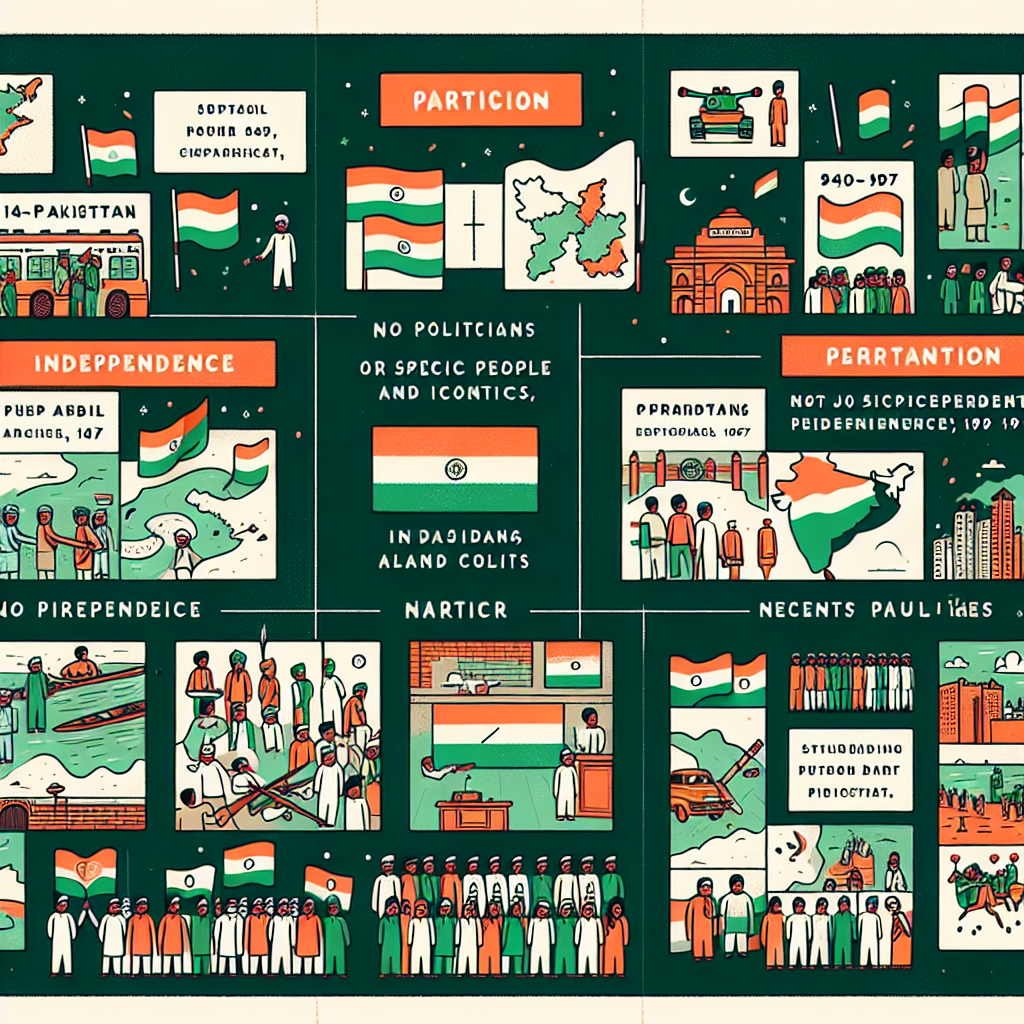A Concise History of India-Pakistan Relations and Conflicts
A Concise History of India-Pakistan Relations and Conflicts
Introduction
The relationship between India and Pakistan has been marked by a complex history of conflict and cooperation since their independence in 1947. This summary explores the key events and dynamics that have shaped their interactions over the decades.
Partition and Early Conflicts
The partition of British India in 1947 led to the creation of two independent nations, India and Pakistan, resulting in mass migrations and communal violence.
- 1947-48: The First Indo-Pakistani War over Kashmir, leading to a UN-mediated ceasefire and the establishment of the Line of Control (LoC).
- 1965: The Second Indo-Pakistani War, again centered on Kashmir, ending in a stalemate and the Tashkent Agreement.
Nuclear Tensions and Diplomatic Efforts
The nuclear capabilities of both nations have been a significant factor in their relations, with periods of heightened tension and attempts at diplomacy.
- 1971: The Bangladesh Liberation War, resulting in the creation of Bangladesh and a decisive victory for India.
- 1998: Both countries conducted nuclear tests, leading to international sanctions and increased global concern.
- 1999: The Kargil Conflict, a limited war in the Kargil district of Kashmir, ended with diplomatic intervention by the United States.
Recent Developments and Ongoing Challenges
Despite numerous attempts at peace talks, the relationship remains fraught with challenges, including terrorism and border skirmishes.
- 2001: The Agra Summit aimed at resolving disputes but ended without a significant breakthrough.
- 2008: The Mumbai attacks, carried out by Pakistan-based militants, severely strained relations.
- 2019: The Pulwama attack and subsequent Balakot airstrike marked a significant escalation in hostilities.
Conclusion
The history of India-Pakistan relations is characterized by a cycle of conflict and attempts at reconciliation. While both nations have made strides towards dialogue, deep-seated issues, particularly over Kashmir, continue to impede lasting peace. The future of their relationship hinges on addressing these core disputes and fostering mutual trust.


















